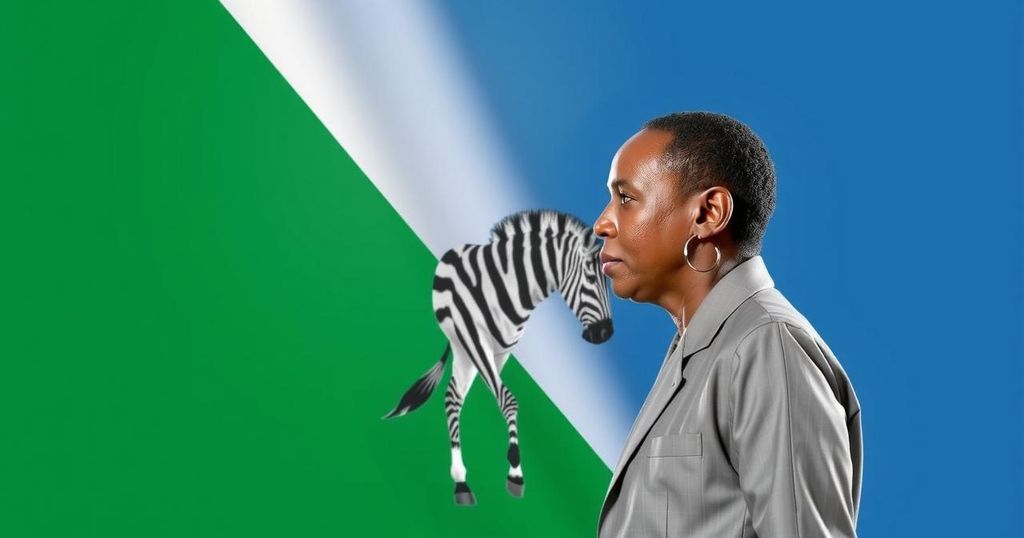Botswana Election: A Pivotal Decision for a Long-Dominant Party
Botswana held elections on October 30, 2024, to decide whether to extend the rule of the Botswana Democratic Party, which has been in power for 58 years. Amidst rising unemployment and economic challenges, President Mokgweetsi Masisi seeks a second term, while three opposition candidates contest his leadership. The results are anticipated to reveal public sentiment regarding the BDP’s governance and proposed economic reforms in the face of dependency on diamond exports.
On October 30, 2024, the nation of Botswana held an election to determine the future of the Botswana Democratic Party (BDP), which has governed since the country gained independence from Britain in 1966. 58 years later, citizens had to decide whether to grant President Mokgweetsi Masisi another five-year term amidst rising economic challenges. Botswana is often recognized as an African success story due to its stable democracy and high living standards; however, it now faces critical issues such as soaring unemployment, which has reached 27%, particularly affecting the youth. Diamonds, the cornerstone of Botswana’s economy, have seen a global demand decline that has forced the BDP to acknowledge the necessity for policy changes. The BDP’s recent acknowledgment of voter concerns suggests a willingness to diversify an economy heavily reliant on diamonds, which constitute over 80% of exports and a quarter of GDP. Contenders for the presidency included Duma Boko from the Umbrella for Democratic Change, Dumelang Saleshando of the Botswana Congress Party, and Mephato Reatile from the Botswana Patriotic Front. The election not only sought to determine the parliamentary makeup but also implicitly gauged public sentiment towards the long-dominant BDP. Analysts noted that increasing economic uncertainty is diminishing the gap between the ruling party and its opposition. The election proceeded amid notable financial strain on the government, which has delayed employee salaries and called into question the previously strong reputation for efficient governance. Prior to the election, the BDP shifted focus towards processing mineral resources and promoting agriculture and tourism to establish new revenue streams. The latent tension from the fallout between President Masisi and former President Ian Khama also lingered, as Khama campaigned against Masisi after leaving the BDP and accusing the current president of authoritarian governance. With over a million registered voters in a sparsely populated nation larger than France, the importance of this election carries significant economic stakes and political ramifications, reflecting the changing tides of Botswana’s governance. Counting began immediately after polling closed, with results expected shortly thereafter, revealing the direction the nation has chosen in a pivotal moment of its political timeline.
The upcoming 2024 elections in Botswana mark a significant point in the country’s political history as citizens contemplate extending the rule of the Botswana Democratic Party, long praised for its achievements in stability and growth. However, economic pressures such as decreased diamond sales—critical to the nation’s economy—and rising unemployment rates necessitate a reconsideration of the BDP’s policies and strategy. The impending election also takes on a personal dimension due to the fraught relationship between the incumbent and his predecessor, adding an additional layer to the political landscape.
The 2024 elections in Botswana represent a critical juncture for the nation, challenging the BDP’s long-standing authority amidst economic adversity and political competition. Botswana’s citizens face essential decisions that will shape their political future and economic direction in light of recent challenges. The outcome of the election will reflect the public’s response to the BDP’s strategies and its ability to implement necessary changes for sustainable progress, thus determining if the party will continue its historic governance.
Original Source: apnews.com




Post Comment